Fruits and vegetables rich in antioxidants
Antioxidants are essential for the body because they help the body fight free radicals that damage cells. Antioxidants also have many functions in maintaining health, such as preventing aging, preventing cancer, helping women stay young for a long time, .
The best way to get antioxidants is from food. Fruits and vegetables are rich in nutrients and antioxidants, which have health benefits that you should pay attention to supplement daily.
 Fruits and vegetables rich in antioxidants
Fruits and vegetables rich in antioxidants
Here are some healthy antioxidant-rich fruits and vegetables
first
Blueberries are rich in antioxidants
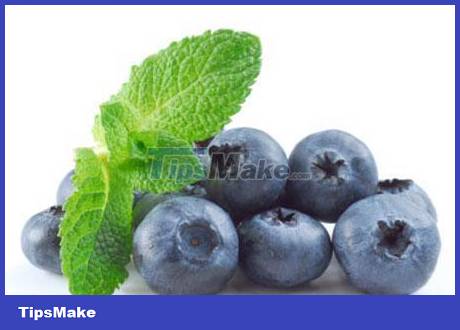 Blueberries are rich in antioxidants
Blueberries are rich in antioxidants
The U.S. Department of Agriculture ranks blueberries as the fruit with the most antioxidants of any fruit containing this substance. Some of the antioxidants present in blueberries are Anthocyanins, Phenols, Ellagic Acid, Vitamin C and Vitamin E.
Blueberries contain anthocyanins, which are the pigments that give the fruit their dark green color. This substance works to neutralize free radicals that lead to cancer and age-related diseases. In addition, the nutrients contained in blueberries have been shown to maintain and strengthen vision, improve memory, prevent heart disease, reduce the risk of urinary tract infections and slow down the process of aging. old,.
2
Kale is one of the best sources of Lutein
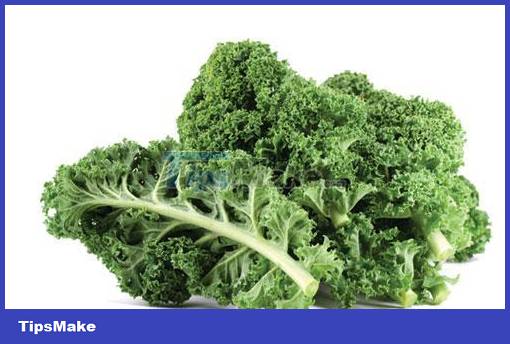 Kale is one of the best sources of Lutein
Kale is one of the best sources of Lutein
Kale is also a vegetable that contains many antioxidants that are beneficial to the body. The antioxidants present in kale include Beta-Carotene, Lutein, Selenium, Vitamin A, Vitamin C and Vitamin E.
Kale is one of the best sources of Lutein - a substance that helps prevent cancer and prevent macular degeneration. Kale contains a lot of Lutein and Beta-Carotene, so regularly eating this vegetable can prevent blindness and cataracts caused by UV rays.
3
Sweet potatoes help prevent skin diseases like dermatitis
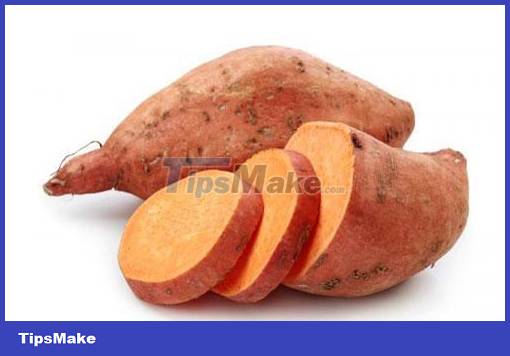 Sweet potatoes help prevent skin diseases like dermatitis
Sweet potatoes help prevent skin diseases like dermatitis
Sweet potatoes are rich in Beta-Carotene, Selenium, Anthocyanin, Vitamin A, Vitamin C and Vitamin E. Therefore, if you want your body to have a lot of antioxidants to promote health, prevent disease, anti-aging, do not This type of food should be avoided.
Vitamin C, Vitamin B6, Beta-Carotene and Manganese in sweet potatoes help sweet potatoes have very high anti-inflammatory properties, fade bruises, prevent chronic non-communicable diseases. Eating sweet potatoes 1-2 times a week will help provide many beneficial vitamins, minerals, fiber . so not only tighten the skin but also reduce wrinkles on the face, prevent skin diseases such as dermatitis ,.
4
Lettuce boosts brain function
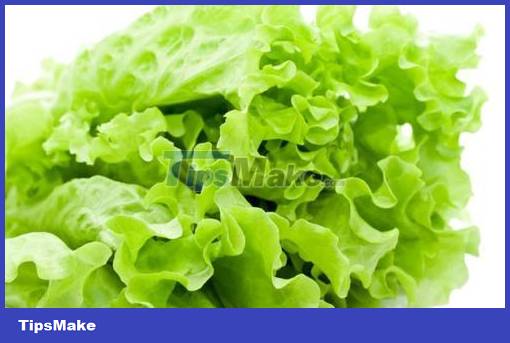 Lettuce boosts brain function
Lettuce boosts brain function
Lettuce contains a lot of Beta-Carotene, Lutein, Selenium, Vitamin A, Vitamin E, and Vitamin C. This vegetable is often prepared for salads or you can make your own to your liking.
Magnesium in lettuce has the effect of restoring muscle tissue, enhancing brain function. Due to the high content of Beta-Carotene, lettuce is considered to be able to prevent cancer, cardiovascular disease, rheumatism, cataracts. A study was conducted at the University of Utah School of Medicine - USA showed that Lettuce may reduce the risk of colon cancer in both men and women, because lettuce contains an anti-cancer agent called Lutein.
5
Shiitake mushrooms help improve immune function in humans
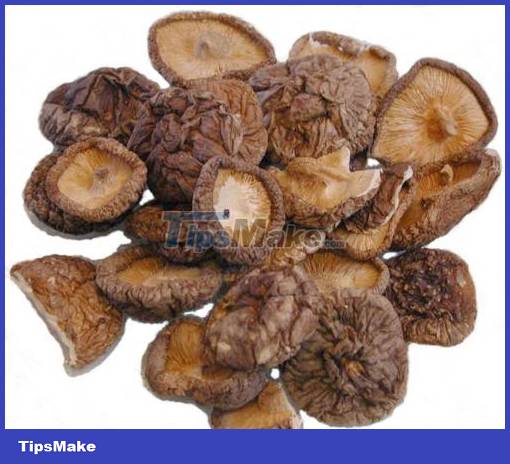 Shiitake mushrooms help improve immune function in humans
Shiitake mushrooms help improve immune function in humans
In shiitake mushrooms, also known as shiitake mushrooms, the content of Selenium and Vitamin C is the highest. These are also two nutrients that act as antioxidants to help increase collagen for the body, help you prevent aging and strengthen the body's resistance.
Shiitake mushrooms contain High Molecular Polysaccharide - HNWP, and this substance has been shown by several studies to improve immune function in humans. Shiitake mushrooms growing on red and white oak logs have higher HMWPs than mushrooms growing on sapwood logs.
6
Carrots are a rich source of Beta-Carotene
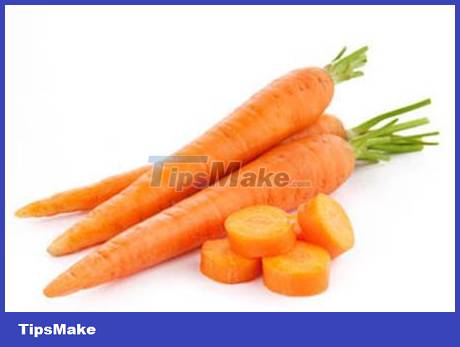 Carrots are a rich source of Beta-Carotene
Carrots are a rich source of Beta-Carotene
Carrots are a rich source of Beta-Carotene, Selenium, Lutein, Vitamin A, Vitamin C and Vitamin E.
Carrots have many colors such as red, yellow, purple, orange. and even white. Red carrots contain Lucopen, a form of carotene that prevents heart disease and cancer. Yellow carrots are rich in Xantofin, which is good for the eyes. Purple carrots contain a completely different pigment, anthocyanin, which acts as a strong antioxidant. Lutein is abundant in orange carrots, one of the pigments that complete the color of the black spot in the human retina.
However, doctors also recommend not to eat too many carrots because the amount of carotene contained in carrots will not be converted into Vitamin A, causing stagnation in the liver, causing jaundice, indigestion. tired,.
7
Bell peppers contain the compound Capsaicin, which has the ability to treat cancer
 Bell peppers contain the compound Capsaicin, which has the ability to treat cancer
Bell peppers contain the compound Capsaicin, which has the ability to treat cancer
Bell peppers contain a lot of Beta-Carotene, Flavenoids, Selenium, Cysteine, Lutein and Vitamins A and C.
Carotenoids in bell peppers have effective anti-inflammatory effects, including arthritis. Bell peppers are also high in Vitamin C, so it is not only good for your skin, but can also prevent a higher risk of developing some types of arthritis than others.
Capsaicin compounds in bell peppers have the ability to treat cancer by blocking carcinogens from connecting to DNA. Bell peppers have the ability to stop cancer cells and kill them.